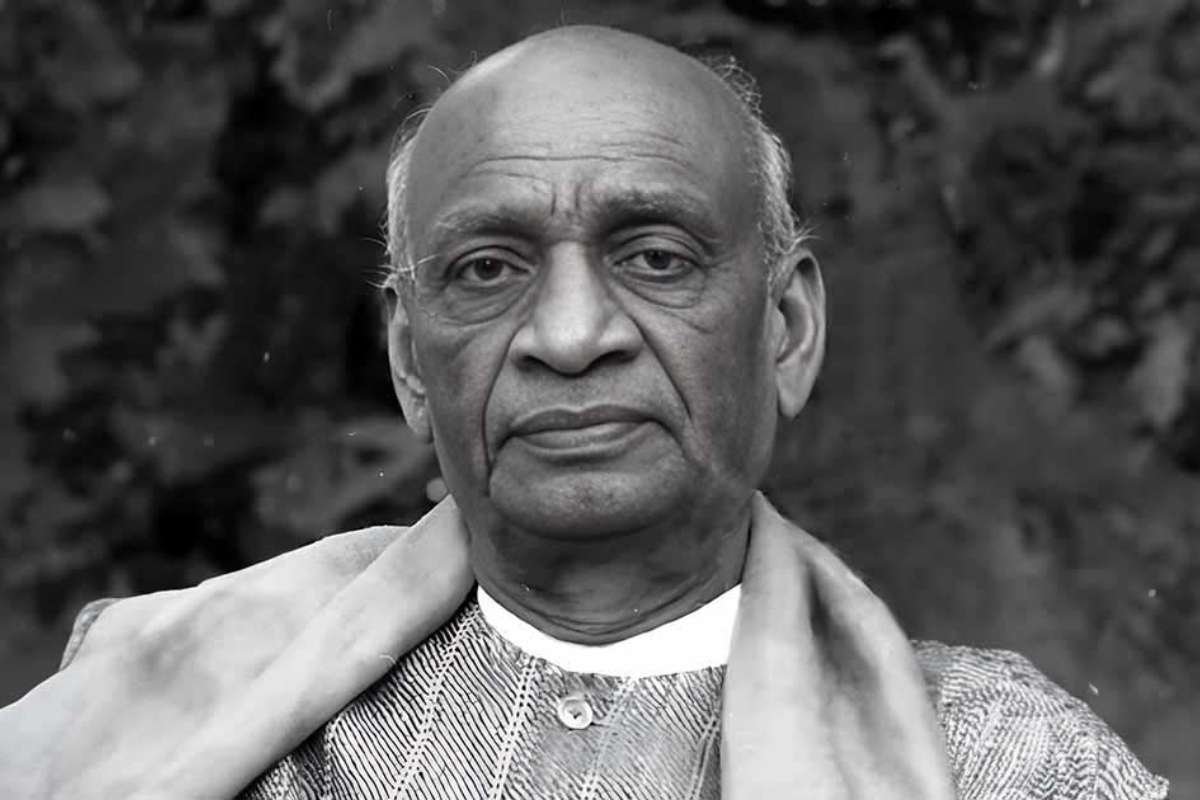Freedom was not free, it was earned through constant struggle, sacrifices, and unyielding determination. The patriots contributed their blood, sweat, and countless dreams to release the nation from colonial rule. The country’s history reveals stories of brave freedom fighters of India, who had diverse backgrounds, languages, and ideologies, but a unity in the goal, and that is-“achieving an independent nation.” This article pays tribute to the legendary warriors of Indian independence, reflecting their journey in achieving the nation’s freedom, philosophies, and inspirational legacy they left behind.
The Historical Backdrop
British colonization of India began in the 18th century and eventually led to nearly 200 years of foreign rule. The exploitative policies of the British Raj caused widespread poverty, famine, cultural suppression, and political subjugation. Against this backdrop, brave souls emerged who challenged the might of the empire.
The freedom fighters of India used a spectrum of strategies — from peaceful protests and legal battles to armed rebellion — to challenge British authority. Their efforts culminated in India gaining independence on August 15, 1947.
Mahatma Gandhi – The Father of the Nation

No discussion on India’s freedom movement is complete without mentioning Mohandas Karamchand Gandhi, popularly known as Mahatma Gandhi. He introduced the powerful concept of Satyagraha — nonviolent resistance — which not only stirred millions of Indians but also inspired civil rights movements across the world.
His leadership in movements such as the Non-Cooperation Movement (1920), Civil Disobedience Movement (1930), and Quit India Movement (1942) mobilized the masses like never before. Gandhi’s philosophy centered around truth, nonviolence, and self-reliance, creating a moral high ground for the Indian struggle that resonated globally.
Subhas Chandra Bose – The Revolutionary Commander

Unlike Gandhi, Subhas Chandra Bose believed that armed struggle was necessary to uproot the British Empire. He famously said, “Give me blood, and I shall give you freedom.”
Bose founded the Indian National Army (INA) and allied with the Axis powers during World War II to militarily fight the British. His leadership galvanized Indian soldiers and created immense psychological pressure on the British administration. Though his methods were controversial, Bose remains a towering figure among the freedom fighters of India for his fierce patriotism and bold action.
Bhagat Singh – The Young Martyr

At just 23 years of age, Bhagat Singh became a national icon. A fearless revolutionary, he believed in the power of direct action. Along with his comrades Rajguru and Sukhdev, he executed daring acts against British officials to avenge colonial oppression, including the bombing of the Central Legislative Assembly — an act meant to protest repressive laws, not to harm.
Bhagat Singh’s execution in 1931 turned him into a martyr and inspired a generation to rise against injustice. His courage and intellect earned him a permanent place among the most celebrated freedom fighters of India.
Rani Lakshmibai – The Warrior Queen

One of the earliest and fiercest resistors to British control was Rani Lakshmibai of Jhansi. During the Revolt of 1857 — regarded as India’s First War of Independence — she led her troops into battle against the British East India Company with extraordinary valor.
Her legendary last stand on horseback, sword in hand, became a symbol of resistance and feminine strength. Rani Lakshmibai’s name is synonymous with courage and continues to inspire women and men alike.
Jawaharlal Nehru – The Statesman Revolutionary

Jawaharlal Nehru, India’s first Prime Minister, was both a revolutionary and a visionary. He joined the freedom movement under Gandhi’s influence and quickly became a prominent Congress leader. Nehru was imprisoned several times for participating in civil disobedience campaigns.
He played a key role in shaping post-independence India, laying the foundation for a secular, socialist, and democratic republic. As one of the freedom fighters of India, Nehru’s legacy extends beyond liberation to nation-building.
Sardar Vallabhbhai Patel – The Iron Man of India

Known for his pragmatic leadership and administrative acumen, Sardar Vallabhbhai Patel was instrumental in integrating over 560 princely states into the Indian Union after independence. Before that, he had been an active participant in the freedom struggle, particularly during the Bardoli Satyagraha, where his success earned him the title “Sardar” (leader).
Patel’s firmness and vision earned him deep respect. His role in maintaining India’s unity post-independence makes him one of the indispensable freedom fighters of India.
Other Unsung Heroes
While the names of Gandhi, Nehru, and Bhagat Singh are widely known, many unsung heroes made invaluable contributions:
- Matangini Hazra: An elderly woman was shot while leading a procession during the Quit India Movement.
- Chandra Shekhar Azad: A close associate of Bhagat Singh, who died fighting British police.
- Birsa Munda: A tribal leader who led a revolt against British forest laws in the 1890s.
- Annie Besant: A British theosophist who became a staunch supporter of Indian self-rule.
- Aruna Asaf Ali: She unfurled the Indian National Flag during the Quit India Movement and became a symbol of resistance.
These lesser-known freedom fighters of India remind us that history was shaped not only by iconic figures but also by countless ordinary individuals with extraordinary courage.
The Role of Women in the Freedom Struggle
Indian women played a vital role in the independence movement. Apart from Rani Lakshmibai and Aruna Asaf Ali, figures like Sarojini Naidu, Kasturba Gandhi, and Kamala Nehru mobilized women across the country. They participated in protests, courted arrest, and endured torture — proving that the spirit of patriotism knew no gender.
The involvement of women added emotional and moral force to the struggle, making the Indian freedom movement truly inclusive.
Cultural and Intellectual Contributions

India’s freedom was not just won on the streets and battlefields but also in its art, literature, and intellectual arenas. Poets like Rabindranath Tagore, Subramania Bharati, and Kazi Nazrul Islam stirred nationalist fervor through their writings.
The press, through newspapers like Kesari (by Bal Gangadhar Tilak), Young India (by Gandhi), and The Hindu, played a crucial role in awakening political consciousness and uniting people across linguistic and regional divides.
Legacy and Lessons
The stories of the freedom fighters of India continue to hold immense relevance today. They teach us the value of courage, conviction, and unity in diversity. In a time when nations are grappling with inequality, polarization, and authoritarianism, their lives offer timeless lessons on the power of people-led movements and the importance of moral leadership.
The Indian freedom struggle also offers a global lesson: that colonial rule can be challenged by resilience and that lasting change comes from collective action.
Conclusion
The freedom fighters of India were humans with an extraordinary spirit. They didn’t allow the nation to be enslaved. Their vision and sacrifices for the country to be called a democratic nation are a matter of pride and honour. As modern India continues to evolve, it’s impossible to forget those legends who fought for our right to exist as a free and independent nation. Their revolutionary mind, fighting spirit, and courage will inspire future generations.
Let’s live their legacy every day by following the path of justice, equality, and unity.
Did you find this article helpful? Visit more of our blogs! Business Viewpoint Magazine








